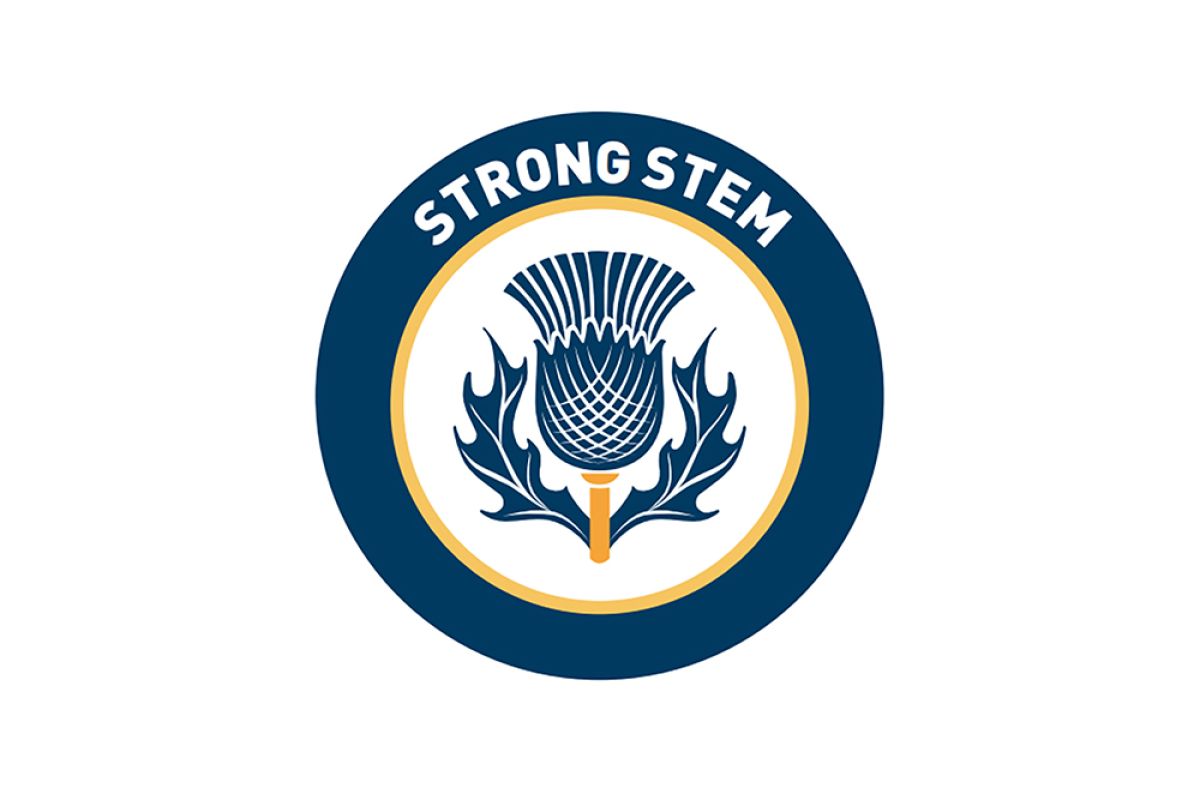Rangatiratanga – Take Responsibility
5 September 2024

A Student Voice
Written by Director of Sports Strategy, John Haggart
I recently attended a Senior College Chapel where Co-Head Sacristan Emily Morgan spoke about the value of responsibility. This value is also a fundamental cornerstone of our sporting symbol, the StAC Thistle.
Rangatiratanga encourages everyone to take responsibility for their actions and behaviours. This principle extends beyond our students to include coaches, parents, and supporters, emphasising the importance of doing the right thing in any environment.
The ‘Strong Stem’ of the thistle symbolises strength and resilience, guiding us to lead ourselves and others in making the right choices, even when it’s sometimes easier to take a different path. Hearing Emily’s key messages about student responsibility were heartening and demonstrated the College’s commitment to promoting and supporting this vital value.
Emily has graciously allowed me to share her speech:
“Imagine, you have just been dropped by the All Blacks to compete in the World Cup. As the World Cup progresses, the first and second choice fly-halves get serious injuries, resulting in you being called up as the fourth choice. Then during the final game of the World Cup, the third choice fly-half also gets seriously injured, and you get to play in the final game of the Rugby World Cup. Now the problem is, you have a responsibility to New Zealand and your team. Can you successfully convert the penalty?
Responsibility is about resilience and character. It’s about standing up to be counted on when everything is against you. It’s about not complaining about your loss. It’s about raising yourself to take the next challenge. Taking responsibility for your actions. Many sports contain a team. Even solo sports, such as fencing, have a team behind them helping the individual on their path.
As I mentioned last year, I play football. In my football team everyone has a responsibility. My coaches have a responsibility to train us and help us grow, they also have a responsibility to prepare us for each game we play. My team’s manager has a responsibility to keep the players and coaches organised for each game, for example making sure we have our equipment and enough kits and making sure we can all make the game. They also have responsibilities to communicate with the Board on behalf of the team. My captain has the responsibility to lead our team in every game, make sure everyone feels included. They are also the person the communicates between the team and the coach. Finally, the players have a responsibility to each other to bring their best to trainings and games.
The mere foundations of having a successful team are built on responsibility. But that is just at face level. Everyone knows that is how a team functions. It is when your team is competing in tournaments such as the World Cup or the Olympics when individual responsibilities get questioned. It is when you are the person who is taking the penalty or the final shot of the game. When you are lining up to kick the ball. You are the person who is taking on all the responsibilities of yourself, your teammates, your coaches and managers, and your country. You are the person that will take the fall if you fail, and you are the person who will be shot into national fame if you succeed. Are you ready to accept the pressure and take on the responsibility? Natural leaders are prepared to do that. They are prepared to take the fall for the entire team if they lose that game.
Many of you would have recognised the initial story I have just shared. It is of Stephen Donald in the 2011 Rugby World Cup. Stephen Donald was prepared to take a fall even though he had experienced the negativity of failure in the past. Stephen was called up from a fishing trip as the fourth-choice fly-half, with New Zealand Cartoonist Tom Scott describing it as ‘a nightmare’ if New Zealand’s fate was in his hands. Despite all the negative publicity, Stephen Donald came onto the field at the 34th-minute mark after Aaron Cruden got injured. He came on in a shirt that was too small and proceeded to successfully convert the penalty that ended up winning New Zealand the World Cup.
Stephen Donald shows us how important taking on responsibility is and accepting the potential consequences of failure. In our lives we probably won’t be asked to take the World Cup winning penalty, but we all have responsibilities that we have to live up to, and we all have to accept that we may make the wrong decision. But there will always be a tomorrow.
As Master Oogway said, “Yesterday is history, tomorrow is a mystery, but today is a gift, that's why it's called the present.””
Related Posts


